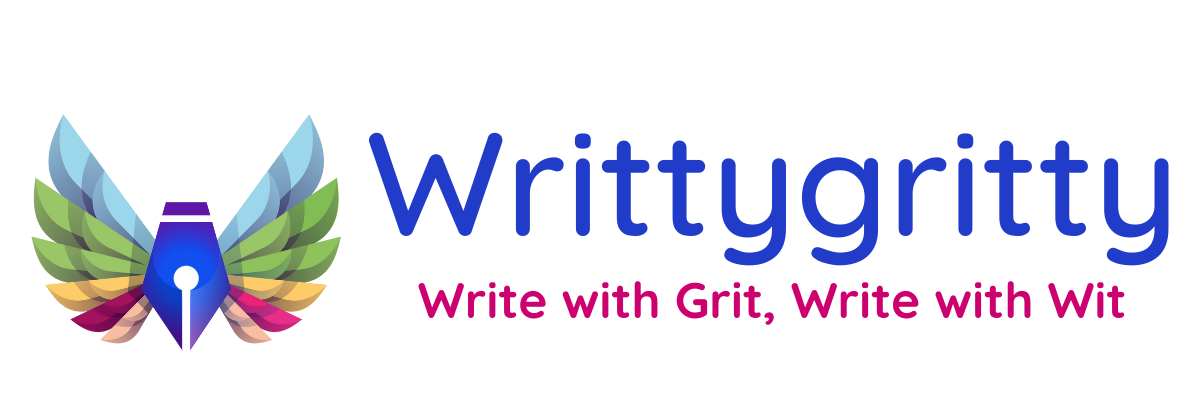
Communication is a social skill that is essential for any individual to live in the world. Not only humans, but birds, animals, butterflies, insects and trees, every living being communicates in one form or another. Effective communication ensures that we not only convey important messages to someone but also tell them about our thoughts, feelings, and emotions.
To express ourselves and improve both personal and professional relationships, we must know how to communicate effectively. You must think learning how to communicate must be hard, but it isn’t. You need to listen well to communicate well. Listening and communicating will help you in job interviews, business ventures and personal life. Effective communication requires both verbal and non-verbal communication.
“Communication work for those who work at it.”
Here are specific things to do that can help in improving your communication skills:
1. Learn to listen well:
People appreciate knowing that they are being heard. When talking to others, really listen to what they are saying. Form your conclusions or opinions once they have finished talking. Always ask the other person to clarify what they are saying. Clarifications are important to avoid misunderstandings. When you are talking to someone, to you their words should be most important.
Note: Make sure to have one conversation at a time. Having multiple conversations at the same time will lead to confusion. This means when you are on a call, don’t respond to a text message or an email. Give your undivided attention to a conversation.
2. Who you are talking to matters:
In the age of social media it is impossible to not use acronyms or slangs. Whereas, it is okay to use informal language and patois when you are talking to a friend, but be mindful of who you are speaking to. You surely don’t want to text your boss, “TTYL.” If you are emailing your boss, any informal language should not be used in your message. Also, acronyms have different meanings for different people. ‘LOL’ could be ‘Lots of love’ or ‘Lots of laughter.’
Note: If you want to be an effective communicator, frame your message based on who they are conversing with. Think about the other person first, when you are trying to get your message through.
3. Importance of body language:
Body language is an important part of effective communication. They are non-verbal signals used to convey our thoughts and feelings. Body language is crucial for face-to-face meetings and video conferencing. When communicating with others, make sure you look accessible, so have easy body language. Your aptness to pick up and understand body language can help you to acknowledge unspoken words or feelings.
Note: When talking to someone, don’t cross your arms. Maintain eye contact with the person. This means that you should not cross your arms. Keep your movements fluid and smooth.
4. Analyse your message:
Before conveying your message, analyse it. Whether spoken or written, check for errors and grammar mishaps in your message. Make sure your message makes sense.
5. Be brief and specific:
To be honest, nobody wants to beat around the bush. While communicating, make sure to be brief and specific. Provide enough information to the other person to understand your message. If you are responding to a text message or an email, read the whole message before responding. It is important to not ramble or provide information that is more than necessary.
Also Read How to Calm Nerves Before an Interview How to Approach Someone on LinkedIn for a Job How To Introduce Yourself In a Job Interview What Is IELTS, And How To Crack It
6. Think before you speak:
Take a moment and think. When talking to someone, pause before you speak anything. Don’t blurt whatever comes to your mind. Stop for a moment and analyse what you’re going to say and how you are going to say it. Always pause before you speak, not saying the first thing that comes to mind. Being mindful while speaking will save you from embarrassment.
7. Respect:
Everyone loves being respected while talking to someone. When talking to somebody, talk with respect and etiquettes despite their age, ethnicity or social status. Make sure you don’t talk down or interrupt anyone.
8. Attitude is important:
“People may hear your words, but they feel your attitude.” While talking to someone, maintain a positive attitude. Smile. Even if you are speaking on the phone, smile and speak gently. People respond adequately when your aura is positive.
9. Empathy:
Empathizing means both understanding and relating to someone else’s feelings. Empathy is understanding and acknowledging someone’s feelings. It is an important part of communication. As an effective communicator, be mindful of people’s feelings around you. Maintain an understanding approach to communicate better.
10. Pay attention to non verbal communication skills:
Non verbal communication skills are important for effective communication. In addition to verbal messages, your tone of voice, gestures, eye gaze and touch are important for smooth communication. Effective communication also relies on nonverbal prompts.
11. Ask for feedback:
You must be wondering why feedback is important here. Feedbacks during communication gives us an idea of what we are lacking. As an effective communicator, one must be open to criticisms. Asking for feedback can help us improve our communication skills. Don’t be shy about asking for feedback. Also, cultivate a habit of taking criticisms and feedback positively.
Note: Don’t overlook the importance of nonverbal communication. Nonverbal communication has a significant role in our lives. It improves our ability to engage with others, establish meaningful connections, and relate to situations in everyday life. A better understanding of nonverbal communication helps people to form stronger relationships with others. Nonverbal cues are interpreted differently by people across countries and cultures.
12. Practice public speaking:
Public speaking may not sound like a good idea for some. However, there is no better way to enhance your communication skills than speaking for a crowd. Great communicators can convey their thoughts and ideas in an effective manner, whether they’re speaking to a large crowd or to somebody face-to-face. Practicing public speaking in front of a small group or your friends will help you identify your strengths and weaknesses. If you are extremely shy, try talking to yourself in front of the mirror.
Communication is a rudimentary part of our daily lives. It is an important tool to keep our relationships intact and achieve our productive goals and function efficiently in today’s world.



